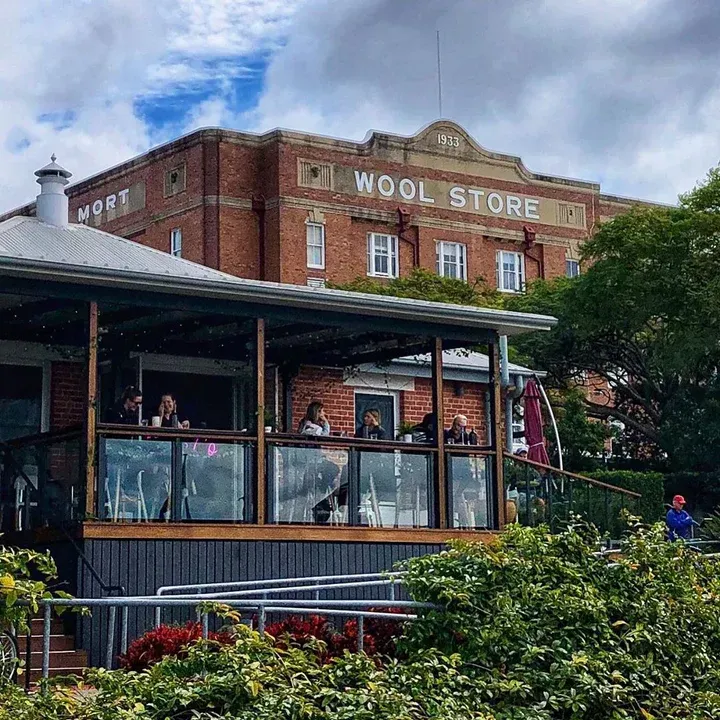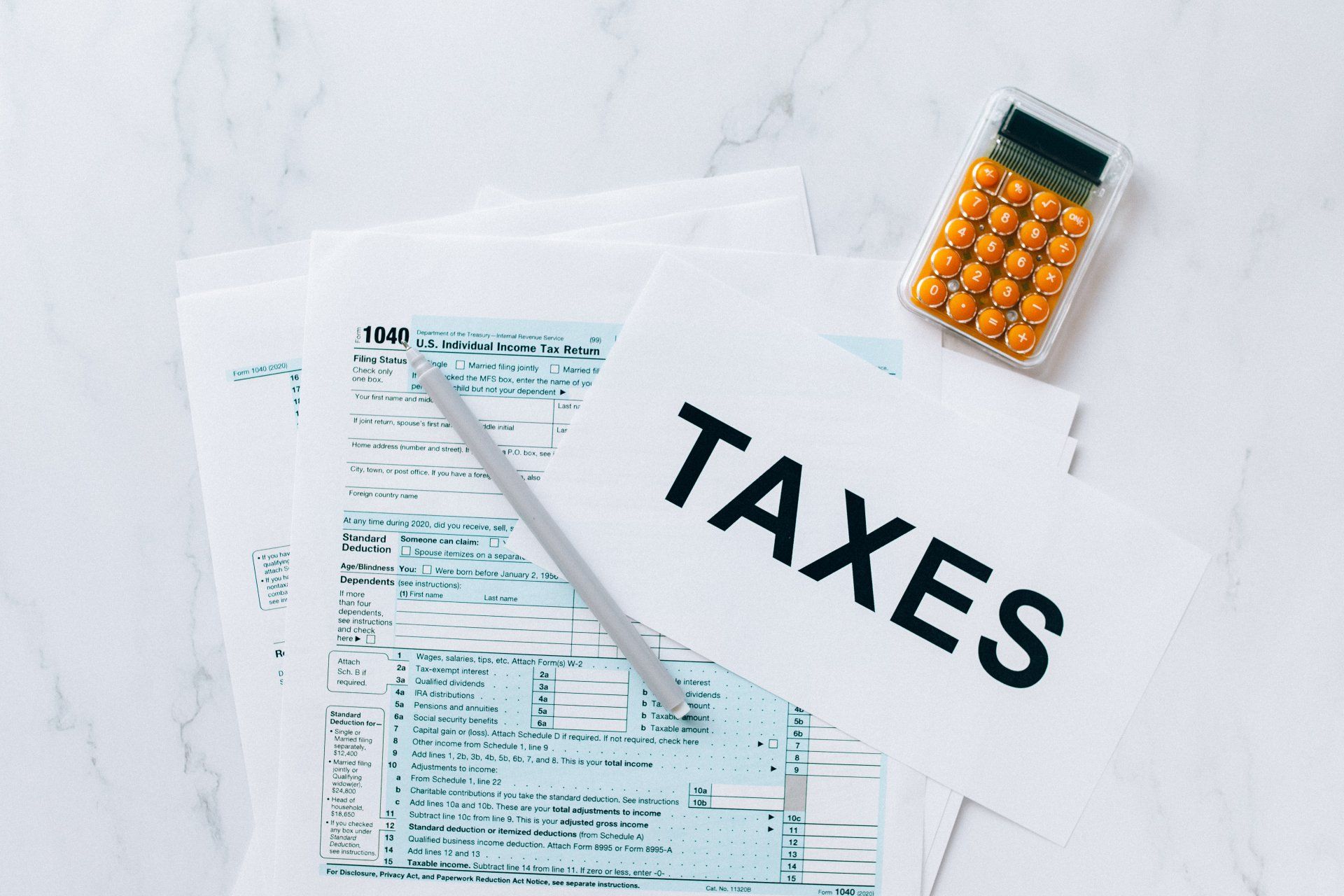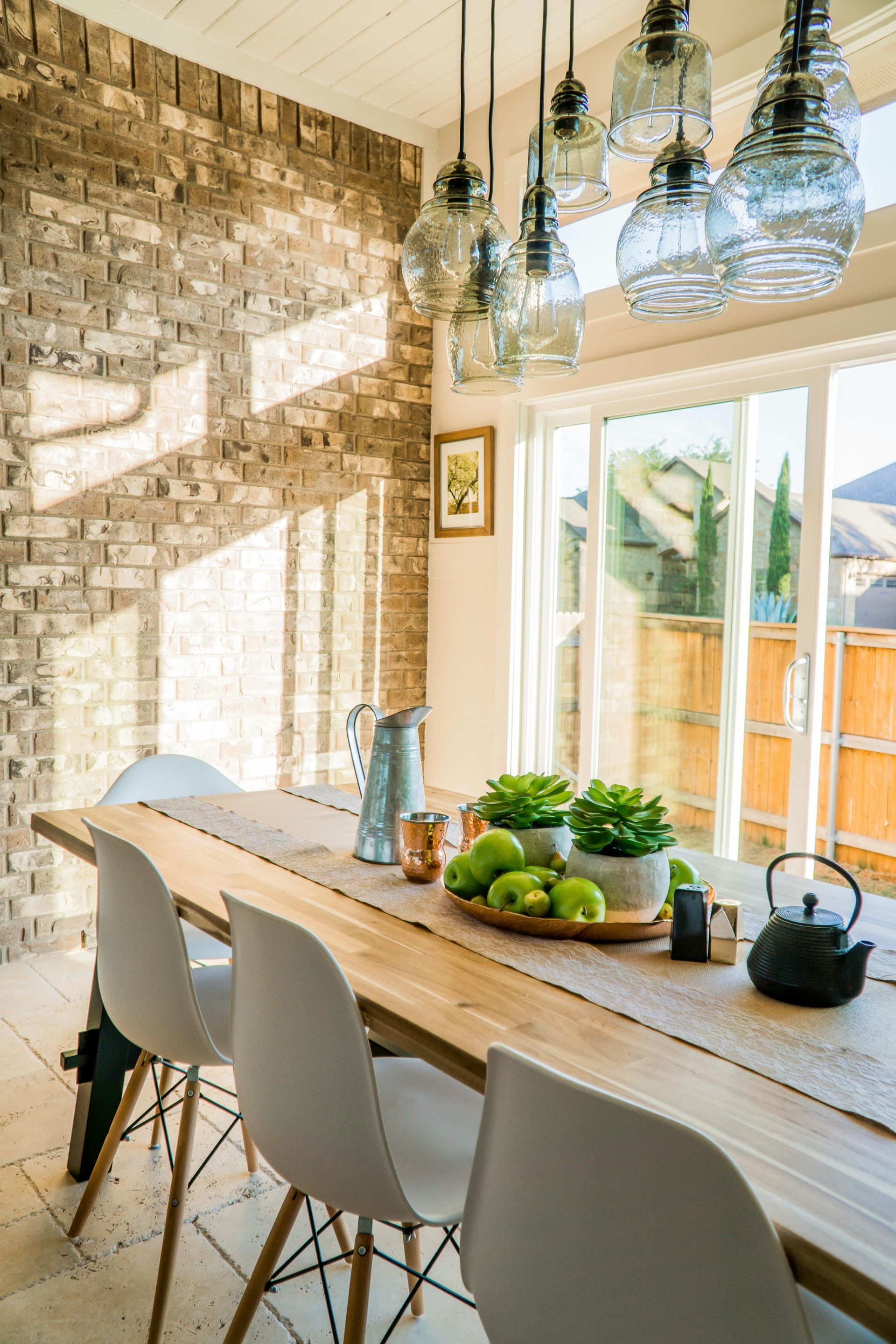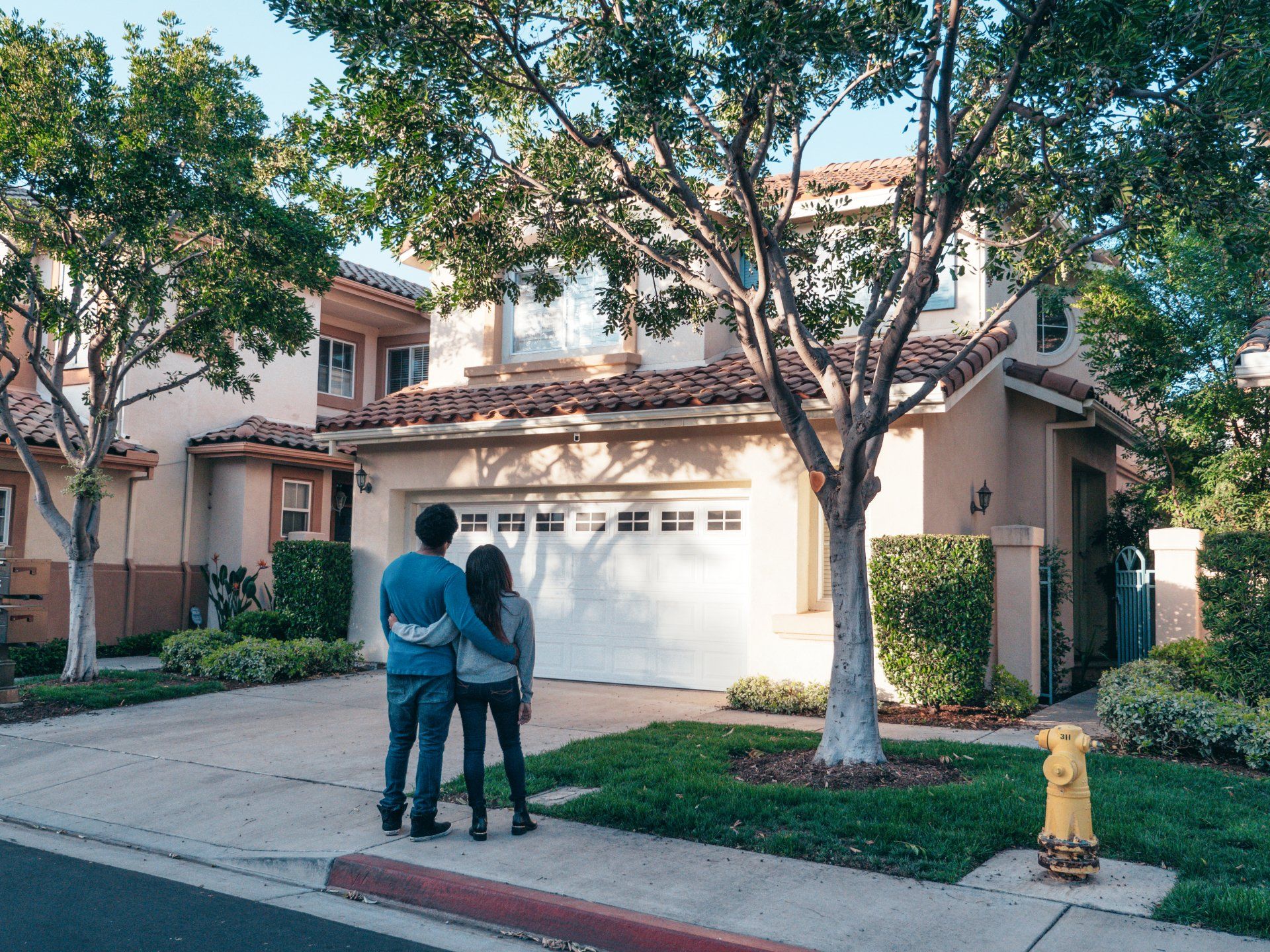How to Choose Between New and Established Properties in Queensland
Wondering whether to buy a new build or an established property in Queensland? Our 2024 guide helps you compare costs, benefits, and long-term investment potential so you can make the best choice for your needs. Whether you're a first-time homebuyer, investor, or simply looking to move, we've got you covered!
What’s the Difference Between New and Established Properties?
When you're buying property in Queensland, one of the first decisions you'll face is whether to go for a new build or an established home. Here’s a quick breakdown:
- New build properties are recently constructed homes, including off-the-plan purchases and house-and-land packages. These homes come with modern designs, energy-efficient features, and are often located in newly developed suburbs.
- Established properties are older homes that have been previously owned. These homes are typically located in more mature, central suburbs and often come with unique character and history.
Both options have their advantages and challenges, so let's look into the pros and cons of each.
Pros and Cons of New Build Properties in Queensland
Pros:
- Lower maintenance costs: One of the biggest perks of buying a new build is that everything is brand new! This means fewer repairs and maintenance, and many new homes come with builder warranties.
- Energy efficiency: New homes are built to stricter energy standards, meaning better insulation, energy-efficient appliances, and ultimately, lower utility bills.
- Government incentives: First-time homebuyers can often take advantage of government grants and stamp duty concessions, which can make buying a new build more affordable. In Queensland, the First Home Owner Grant offers $30,000 for new homes.
Cons:
- Potential delays: Off-the-plan properties or house-and-land packages may face construction delays, meaning your move-in date could be pushed back.
- Higher upfront costs: New builds tend to come with a premium price, especially when compared to established homes in similar areas.
- Location: New builds are often in developing suburbs, which may lack the infrastructure or amenities found in more established neighbourhoods.
Pros and Cons of Established Properties in Queensland
Pros:
- Mature neighbourhoods: Established properties are often located in prime, central suburbs with well-developed infrastructure, schools, parks, and amenities. These are typically areas like Brisbane CBD, Gold Coast, or Sunshine Coast.
- Capital growth potential: Established homes in desirable suburbs have a proven track record of capital growth, making them a solid long-term investment.
- Renovation opportunities: Older homes offer the chance to add value through renovations, customisation, or modernisation.
Cons:
- Higher maintenance costs: Older homes often come with higher ongoing maintenance costs, especially if major systems like plumbing or roofing need to be upgraded.
- No government incentives: Unlike new builds, established homes don’t come with grants or other first-time homebuyer incentives.
Cost Comparison – New Builds vs Established Properties
When it comes to costs, both new builds and established properties have their own financial considerations.
Upfront Costs:
- New builds: The cost of a new build includes the land, builder’s fees, and premium finishes. However, there may be unexpected costs like landscaping, driveways, or upgrades not included in the original quote.
- Established homes: While the purchase price of an established home may be lower, keep in mind the potential for higher maintenance costs or the need for immediate renovations.
Hidden Costs:
- New builds: Be aware of builder variations (upgrades or changes you make during the build process) and other setup costs like fencing, blinds, and appliances.
- Established homes: Older properties may require costly repairs, such as fixing plumbing, roofing, or electrical systems.
Long-term Value:
- New builds may depreciate faster in the short term, but their modern design and energy-efficient features can help in the long run.
- Established homes in good locations tend to hold their value well and may appreciate faster, especially if renovated or improved over time.
Location Considerations in Queensland’s Property Market
The location of your property is a key factor, whether you're choosing a new build or an established home.
New Builds:
- Location: New builds are typically located in developing areas or outer suburbs such as Springfield, Ipswich, or North Lakes. While these areas might not have as much infrastructure now, they often experience significant growth, leading to future price appreciation.
- Commute and lifestyle: If you work in the city or value proximity to established amenities, new developments may require longer commutes. However, many of these suburbs are designed with family-friendly amenities, parks, and modern conveniences.
Established Homes:
- Location: Established homes are often found in more central locations, offering easy access to schools, public transport, and major employment hubs. Suburbs like Paddington, New Farm, or Ashgrove in Brisbane offer excellent amenities and lifestyle benefits.
- Established infrastructure: Established areas come with a ready-built community, mature trees, and well-maintained parks and recreational facilities.
Investment Potential of New vs Established Properties
When it comes to property investment, both new and established homes offer different types of returns.
New Builds:
- Rental demand: New builds often attract tenants willing to pay higher rent due to modern amenities and lower utility bills. However, be cautious of oversupply in new developments, which can drive rents down.
- Tax benefits: New builds come with attractive depreciation schedules, allowing investors to claim tax deductions on the building and fixtures.
Established Homes:
- Capital growth: Established properties in prime locations tend to appreciate steadily, making them a strong option for long-term capital growth.
- Renovation potential: Investors can add significant value to older homes through renovation or refurbishment, making them a flexible option for value-adding strategies.
Resale Value and Long-Term Outlook
When considering the resale value of your property, both new and established homes have different trajectories.
New Builds:
- Depreciation risk: New homes may experience price stagnation or depreciation in oversupplied markets, particularly if located in new suburbs where infrastructure is still developing.
- Appeal to future buyers: New builds with modern designs, energy efficiency, and smart home technology may appeal to buyers in the future, giving them a competitive edge.
Established Homes:
- Location advantage: Properties in established neighbourhoods typically retain value well, especially if located close to schools, shops, and public transport.
- Renovation resale boost: Adding value through renovation can significantly boost the resale price of an older home, particularly in high-demand areas.
How to Decide Which Property is Right for You
Choosing between a new build and an established home comes down to your personal goals, lifestyle, and budget. Here are some tips:
- Consider your budget: Factor in not just the upfront purchase price, but also long-term maintenance, upgrades, or setup costs.
- Assess your goals: Are you looking for capital growth, rental returns, or simply a place to call home? If you’re focused on investment, consider long-term growth potential.
- Think about lifestyle: If you prefer modern amenities and low maintenance, a new build might be for you. If you love character, established homes in mature suburbs may be a better fit.
Finally, speak with a property advisor or real estate agent who can provide expert advice based on your specific needs and the current Queensland property market.
Conclusion
Choosing between a new build and an established property in Queensland can be a complex decision, but by weighing up the costs, benefits, and long-term investment potential, you can make an informed choice that suits your needs. Whether you're a first-time buyer or seasoned investor, both options offer unique advantages, and with the right guidance, you can confidently enter the Queensland property market.
Looking for expert advice on buying a property in Queensland? Contact our team at CAPEX Property for a free consultation and let us help you find the perfect home or investment.
Share this with friends!
Latest Property Market Insights

